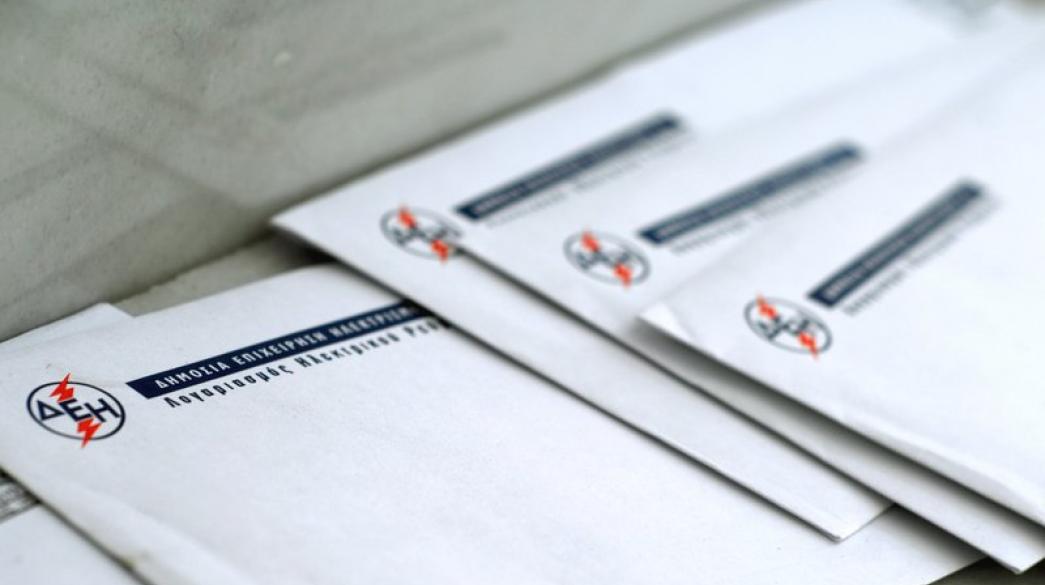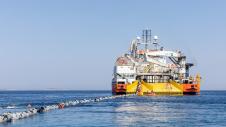PPC’s improved management of outstanding debts and gradual return of customers to a normal state are providing valuable liquidity support to the power company amidst consolidation efforts.
In 2020, despite the pandemic, PPC managed to increase the receipt of unpaid bills to 60 million euros per month, compared with about 50 million euros per month in 2019 and 40 million euros in 2018.
This means that in 2020 more than 700 million euros flowed into the company's coffers from the collection of outstanding debts, while in the last 3 years PPC has collected a total of more than 1.5 billion euros.
The financial difficulties of many consumers, the "I do not pay" movement and the inaction of the previous management of the company had led to a sharp increase in unpaid bills, exceeding 3.5 billion euros, creating concerns about the viability of the company.
PPC's systematic effort to address the big problem of outstanding payments began in 2018 with the cooperation with Qualco in a deal aimed at not only recovering funds but also offering final and sustainable solutions to debtors.
By analyzing in depth the profile of debtors (when they stopped paying, how often they paid in the past, etc.) and details concerning the size and value of their property, PPC and Qualco categorized debtors into more than 50 groups, offering to each category specific solutions and strategies for debt repayment.
At the same time, PPC managed to make the flow of receivables from outstanding debts predictable. According to goals set in its 2021-2023 business plan, the company aspires to maintain the target for revenues of 500 million euros from outstanding debts in the next three years. It is noted that the stability - predictability of debt flows pave the way for PPC to proceed with the securitization of receivables.
Debt securitizations of 1.7 billion euros
In addition to collecting outstanding accounts, PPC is also focusing on securitization of receivables. As the company has already announced, the total amount of accounts that will be securitized reaches 1.7 billion euros, while the final composition of investors will be announced after the completion of the entire process.
Qualco, both with its experience in the energy sector and with the management of its securitization needs, helped facilitate the process between the investor and PPC.
Thus, 150 million euros were raised from the initial securitization contract, totaling 200 million euros, on November 24, with investor JP Morgan Chase Bank and issuer PPC Energy Finance DAC. Funding is covered by claims up to 60 days. This line is revolving, allowing PPC future disbursements and has a duration of 3 years.
The second securitization package of overdue debts was acquired by Pimco, raising 300-350 million euros with an interest rate of 6.8%.
It is noted that with securitization transactions (for debts with a delay of 60 and 90 days) PPC is the first company in Greece that does not sell overdue debts, but draws liquidity without guarantees, while debt management remains with the company. At the same time, it is the first time that large investment companies (JP Morgan, Pimco, Deutsche Bank) and not distressed funds have invested in a Greek debt management project, which can be a model for other cases.
It is noted that the effort to securitize the overdue debts of PPC started in November 2017, however, until September 2019 there had been no significant offer. In the same year, 2017, the total effort to collect unpaid debts began amidst concerns about its viability after management had then been put under enormous pressure from banks to deal with defaulters.









